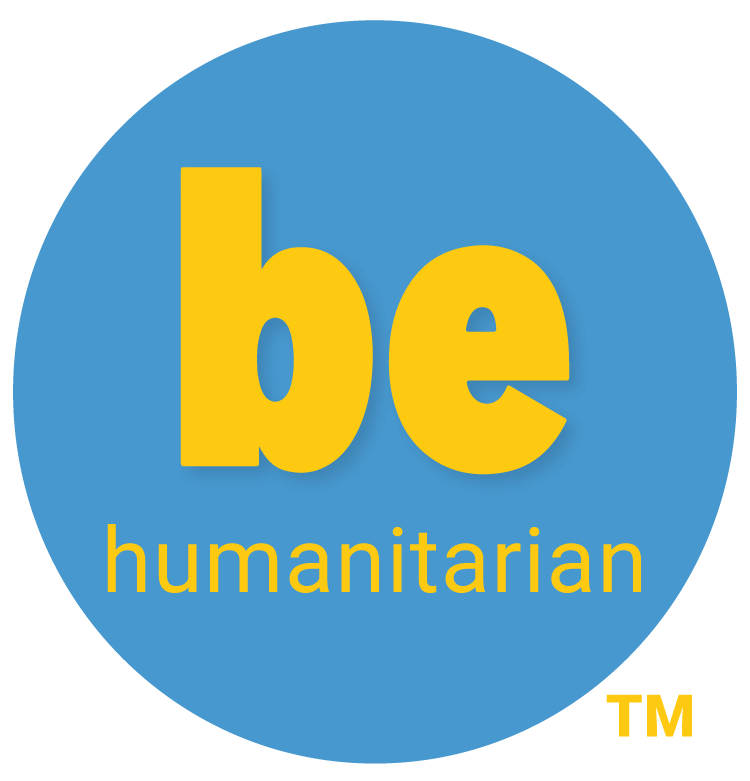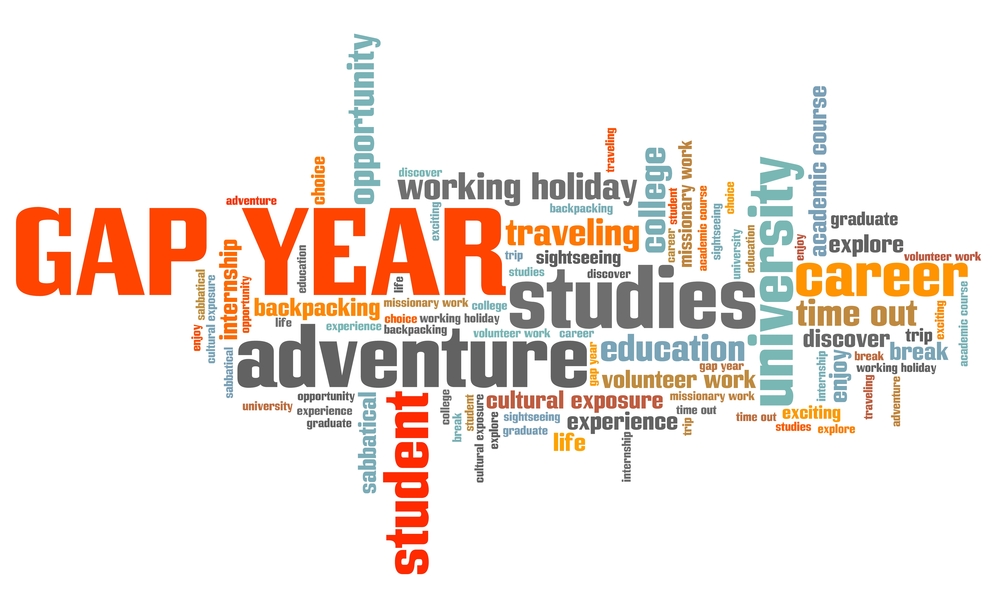Are you familiar with the term ‘Gap Year’? Certainly, it is more widely used in Europe than it is in the United States. Still, the U.S. does have gap year programs. But let’s first look at what a gap year is, how students can take advantage of it, and what they should do.
What is a Gap Year?
A gap year is described by the time off a student takes to travel abroad and embark on experiential learning. A semester or year of experiential learning is typically taken after high school and prior to career or post-secondary education. Students typically undertake gap year studies to deepen their practical, professional, and personal awareness. Gap-year programs help students broaden their horizons and grow as global citizens.
It is important to remember that no two gap years are alike. Intentionality expanding one’s comfort zone, having a cross-cultural experience, and reflecting on one’s experiences are critical components to a quality gap year. Gap years are common in Europe but are only now beginning to catch on in the United States. Students can take a gap year or semester here in the United States that includes travel, adventure, academics, and even language immersion. Gap-year programs can include international or cross-country travel.
Most students struggle with what they should do during their gap year. Here at Be Humanitarian, for obvious reasons, we would recommend students travel abroad and volunteer their time for a good cause. Let’s look at some of the common profiles for gap year programs.
Gap Year Program Profiles
Some of the most common gap year plans fit a specific profile. Most gap year programs place an emphasis on experiential education and challenging comfort zones. International gap year programs specifically challenge students to grow and learn in ways they may not suspect.
International gap year programs benefit students in some profound ways:
- Provide clarity of purpose and provide students with a better understanding of their place in the world and how their studies fit in with their perceived place.
- Improve earning, business, networking, and career potential by providing a global background and an international caché.
- Create better academic outcomes for students, from a better GPA to faster graduation times and better leadership skills.
According to a study completed by the National Alumni Survey, 90% of gap-year students go on to enroll in a four-year institution within one year of completing their gap year. Studies have shown that taking a gap year not only is tied to increases in college GPAs but more significantly tied to improved job satisfaction. There are very few downsides to embarking on a gap year program.
Use Your Gap Year for a Humanitarian Mission to Guatemala
Here a Be Humanitarian, we have been taking students from all over the United States on humanitarian missions to Guatemala for many years. We custom tailor our humanitarian tours to appeal to kids of middle and high school age. We’ve brought many students to Guatemala and introduced them to the service work we are doing in the Guatemalan countryside. Have a look at Tiffany’s experience to learn more about how the humanitarian mission she participated in impacted her.
Obviously, we do not keep students in Guatemala for one year. Our programs generally last anywhere from 7 to 14 days. During that time, our participants travel all over Guatemala to learn more about the people that live there and the help that they need. If you want to spend your gap year volunteering, consider spending a portion of it with us in Guatemala, helping impoverished families, planting gardens, working with students, and so much more.
We’ve been helping families in Guatemala for many years. We bring down thousands of pounds of goods every time we visit the country and see our families. Students partaking in time away from school or in a volunteer program will be changed by their experience. But how?
How a Guatemalan Humanitarian Tour Will Change You
The clarity earned by taking a gap year before college can positively affect your academic performance. Research shows that those who take a gap year are more likely to graduate in four or fewer years compared to the national average of six years. What’s not to like about finishing your studies as soon as possible?
You can use your gap year to develop any number of key life skills. From learning a language while living in another country to honing communication and leadership skills while helping others on your humanitarian mission or gaining hands-on experience through helping others. These are skills you will bring home with you. And they will enhance your life.
Traveling and living abroad for your gap year can be a transformative experience. Immersing yourself in a new culture, learning a language, and seeing the world from a different perspective can help you discover your passions and purpose. So, what are you waiting for? We have two trips ready for 2023. Learn more and join us!

